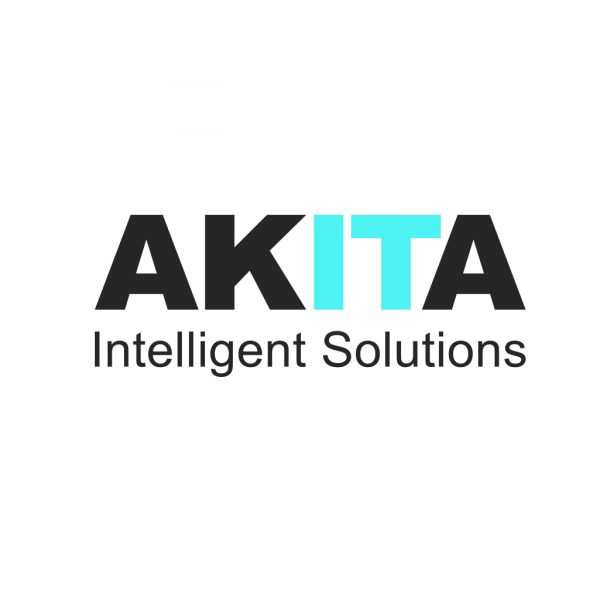Twice a year, Microsoft rolls out major updates to Dynamics 365 through its “Wave” releases. These updates are designed to enhance user experience, embed the latest AI capabilities, and ensure businesses can operate with greater efficiency and insight.
The 2025 Release Wave 2, arriving between October 2025 and March 2026, continues this momentum. It introduces significant improvements across Dynamics 365’s core applications, with Copilot and intelligent automation taking centre stage. For industries reliant on complex operations—such as manufacturing, utilities, facilities management, oil and gas, and construction—this release delivers tools that promise to streamline processes, improve decision-making, and boost profitability.
Smarter Processes Through AI and Copilot
The standout theme of Wave 2 is the integration of AI-powered agents and Copilot enhancements. These tools go beyond simple prompts: they can now act autonomously, surfacing insights, managing workflows, and even initiating actions on behalf of users.
For example, in Sales, Copilot helps sellers by analysing customer interactions and flagging potential deal risks. In Customer Service, AI manages case routing and provides intelligent knowledge recommendations. And in Finance, Copilot supports faster financial closes and sharper forecasting.
By embedding AI in day-to-day tasks, Microsoft is reducing administrative overheads and empowering staff to focus on higher-value activities.
Enhancements Across Core Applications
- Field Service gains smarter scheduling, deeper Microsoft 365 integration, and enhanced mobile tools—ideal for managing dispersed workforces and critical maintenance.
- Supply Chain Management introduces event-based forecasting, automated supplier communication, and redesigned warehouse management for improved logistics.
- Project Operations adds better planning, invoicing, and mobile usability for time and expenses, helping project-led businesses maintain tighter control over resources and budgets.
- Business Central sees Copilot become more proactive, automating routine reporting, quality management, and even sustainability-related processes.
- Customer Insights upgrades unified profiles and journey orchestration, allowing organisations to deliver more personalised and proactive customer experiences.
These updates are tied together by cross-app integration improvements, ensuring that data flows seamlessly between ERP, CRM, and analytics platforms.
Dynamics 365 2025 Release Wave 2: Impact for Industry
While the updates are broad, certain benefits stand out for some of the key industries Akita supports:
Manufacturing
Manufacturers will benefit from smarter supply chain tools that help reduce stockouts and overproduction. AI-powered quality checks and automated supplier dialogues improve responsiveness, while Field Service enhancements make equipment maintenance more efficient.
Utilities
For utilities, reliability and rapid response are critical. Smarter Field Service scheduling supports faster outage management, while forecasting tools ensure more accurate planning for infrastructure upgrades and service demand. Finance updates also simplify complex billing and asset management processes.
Facilities Management
Facilities managers can expect more streamlined maintenance and vendor coordination through Field Service. Project Operations enhancements also simplify the delivery of site upgrades or refurbishments, while Customer Insights tools enable more effective stakeholder communication.
Oil & Gas
Oil and gas organisations benefit from AI-driven scheduling for inspections and maintenance in the field, alongside enhanced supply chain forecasting to manage the flow of critical parts and materials. Project Operations supports large-scale capital projects, ensuring tighter cost control and billing accuracy.
Construction
In construction, the updates to Project Operations are particularly valuable—helping firms manage stocked materials, expenses, and project billing with greater precision. Field Service also supports contractor coordination and equipment servicing, while Finance provides robust tools for handling complex project portfolios.
Driving Real Business Value
What’s clear from Wave 2 is that Microsoft’s focus is not just on adding features, but on removing barriers to efficiency. By embedding intelligence into the heart of business applications, processes that once required manual intervention can now be automated or guided by AI.
For organisations, the advantages are clear:
- Operational efficiency: Through streamlined workflows and reduced manual effort.
- Improved business intelligence: Via predictive insights and natural language queries.
- Scalability: With tools designed to support both everyday operations and large-scale transformation projects.
Dynamics 365 2025 Wave 2: Conclusion
With its strong focus on AI and automation, the Dynamics 365 2025 Wave 2 update brings tangible benefits to industries where operational oversight, project complexity, and asset management are everyday challenges.
For businesses in manufacturing, utilities, facilities management, oil and gas, and construction, these changes offer the chance to work smarter, not harder—reducing costs, improving responsiveness, and strengthening long-term competitiveness.
At Akita Intelligent Solutions, we help organisations unlock the full value of Dynamics 365. If you’re considering how Wave 2 could benefit your operations, our experts are here to guide you:





